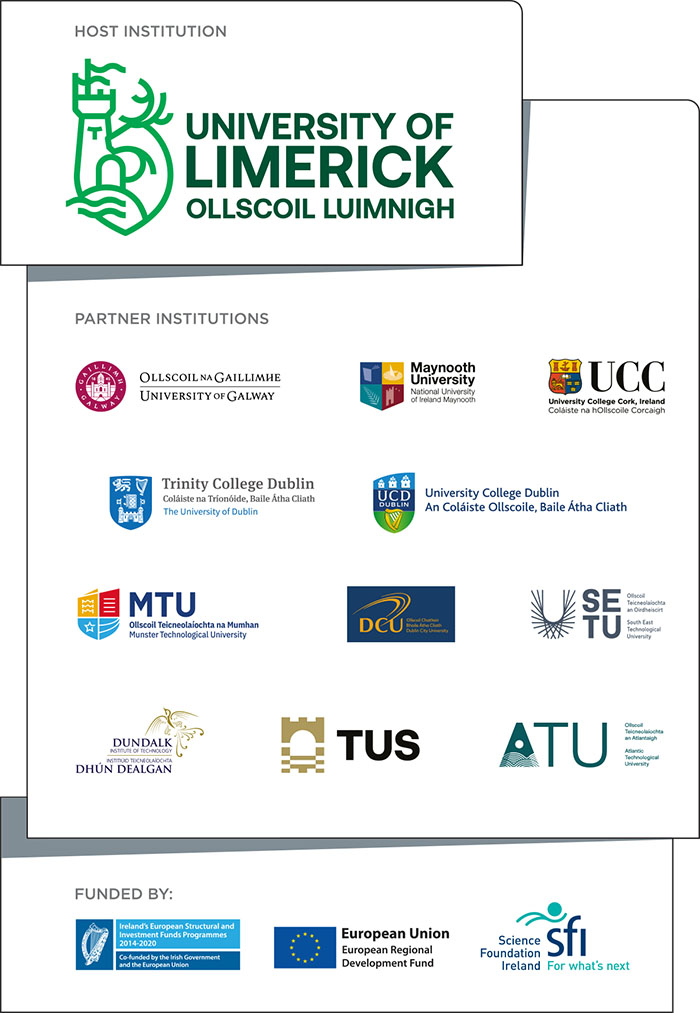AI for Humanitarian Action
You are here
Brad Smith, President, Microsoft, in conjunction with the United Nations General Assembly meeting, announced AI for Humanitarian Action, a new $40 million, five-year Microsoft programme. The initiative will harness the power of AI to focus on four priorities – helping the world recover from disasters, addressing the needs of children, protecting refugees and displaced people, and promoting respect for human rights. See announcement via: https://blogs.microsoft.com/on-the-issues/2018/09/24/using-ai-to-help-sa... One of the four priority areas, protecting refugees and displaced people, involves research taking place at Lero@UCD by Anthony Ventresque The number of refugees and displaced people in the world are at a record high, and this is a seminal challenge of our generation. AI and machine learning have the potential to improve the lives of approximately 68 million displaced people in the world, 28 million of whom are refugees. AI can help optimize the delivery of aid, supplies and services to refugees and can scale NGOs’ efforts to communicate and understand displaced peoples’ needs. Microsoft is working already with the Norwegian Refugee Council, NetHope and Lero@UCD to develop a chatbot using AI technologies, such as language understanding, machine translation and speech recognition to intelligently assist displaced youth to connect them with free, high-quality educational resources. The AI based software research is being carried out at UCD by Assistant Professor Anthony Ventresque, UCD School of Computer Science and Director of the UCD Complex Software Lab and member of Lero.
The project was supported by LERO.




